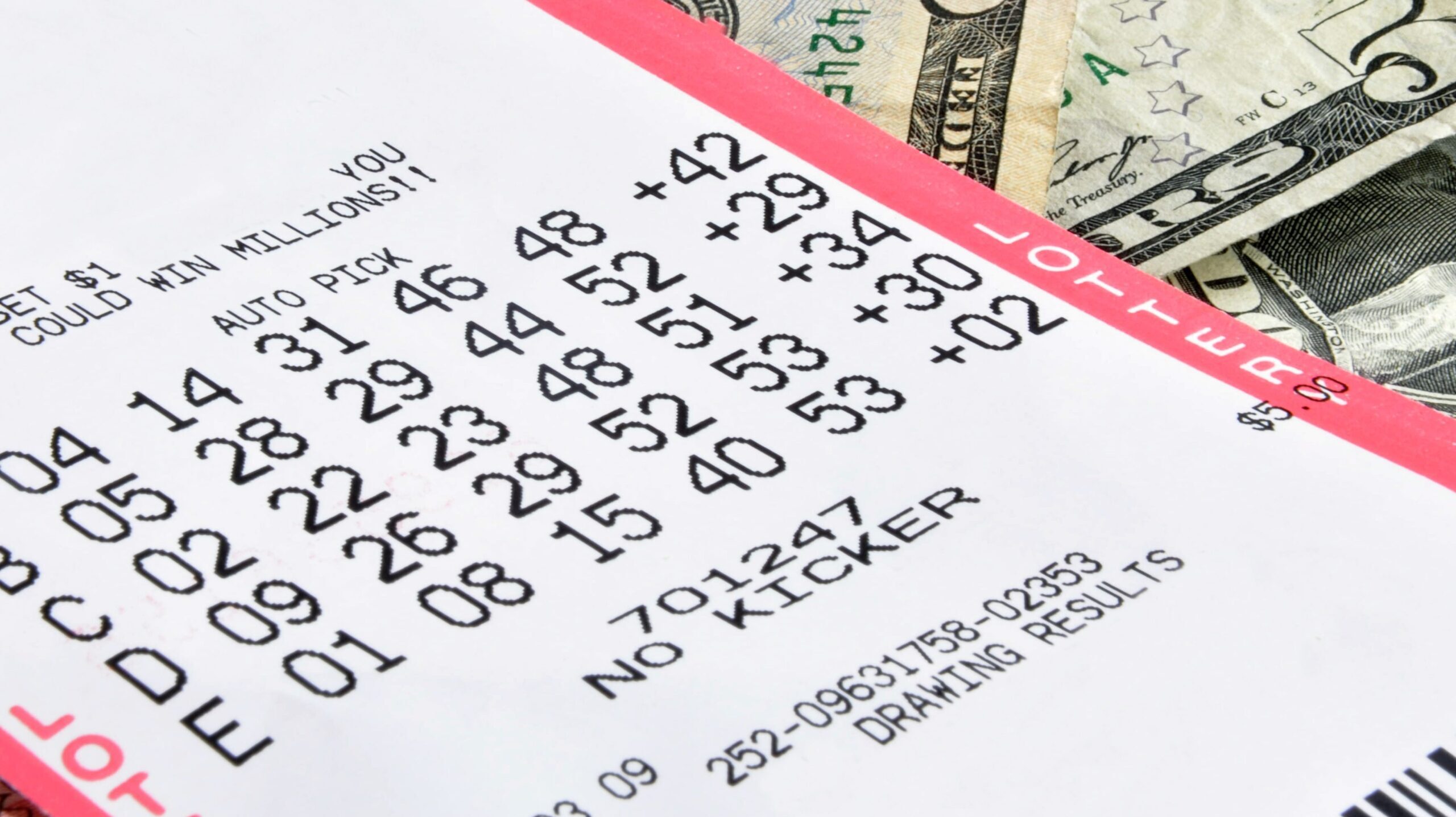It’s nice to see that the Poarch Band of Creek Indians is suddenly interested in competition.
That’s been the go-to talking point of late — “(The tribe) just wants the opportunity to compete for the right to offer similar gaming,” a talk radio show host proclaimed last week. Moments after the PCI CEO was on his show, and maybe before a PCI ad ran.
Then they say something about “traditional lottery” — whatever the hell that is — and talk a lot about Alabama voters having the opportunity to vote on a “clean” bill.
Blah, blah, blah.
It’s talking point nonsense — a bunch of buzzwords that some PR hack conjured up for these people to keep using in order to distract from the basic, simple truth of it all.
And here it is: For years now, because our Alabama Supreme Court is corrupt and our politicians are more corrupt, PCI has enjoyed a tax-free monopoly on gambling. It has made them filthy rich — allowing them to spend over $2 billion on various properties around the country — and they desperately want to hold onto that monopoly.
PCI has two ways to do that: 1. Push a “clean” lottery bill that doesn’t allow for video lottery terminals to be placed at racetracks. (VLTs would be direct competition for the electronic bingo machines operated by the tribe.) 2. Kill the lottery vote altogether.
In either instance the tribe gets to continue on operating a monopoly. And the residents of Alabama lose out on millions of dollars in tax revenue annually.
So, that’s what they’re trying to do. And to accomplish it they’re pushing this idea that a bill offered by Sen. Jim McClendon would be bad for the state and unfair to PCI.
Except, it’s not.
McClendon’s bill finally recoups the gaming revenue we’ve been losing every year, and it is more than fair to PCI.
Here are the facts:
- McClendon’s bill would allow VLTs at the state’s four racetracks.
- One of those tracks is OWNED by PCI.
- Should voters approve the lottery bill, PCI could immediately petition the state for a compact that would allow them to offer the same VLT games, and that compact is GUARANTEED to be granted. (If the state won’t grant it, the feds will force it.)
- That compact would tax the Poarch Creeks’ operations at a much lower rate than what will be paid by the racetracks. Likely around 5 percent, compared to the 20-plus percent the tracks will pay.
So, at the absolute worst, PCI ends up with three competitors to their current facilities and they get a fourth location. And their tax rate will be a fraction of what the racetracks are charged, allowing them much more flexibility in upgrades and expansion.
Does any of that sound unfair to PCI?
Of course it’s not.
What this bill does is finally introduce a little common sense to Alabama’s gaming laws. It’s well past time that we stopped pretending that gambling isn’t taking place in this state, and that we’re losing out on needed revenue by continuing on with this head-in-the-sand charade.
McClendon’s bill doesn’t expand gaming. It keeps it at the four locations where gambling is already legal, and where there are security mechanisms in place to deal with the change.
But it does finally tax gambling. It does finally seek to retrieve some funds from gaming establishments so we can pay for gambling addiction treatment and funnel some of the money back into the local economies.
It is fair. It levels the playing field. And it allows for competition.
Which is something everyone apparently wants now.



















































